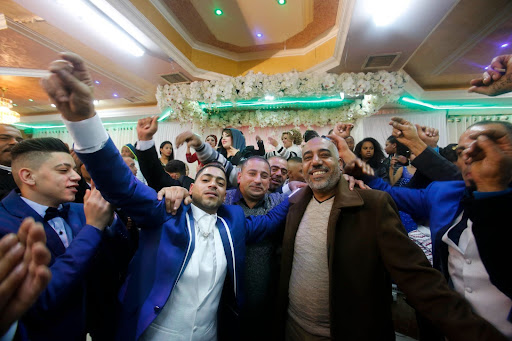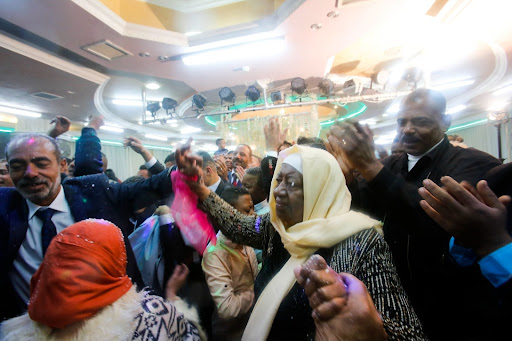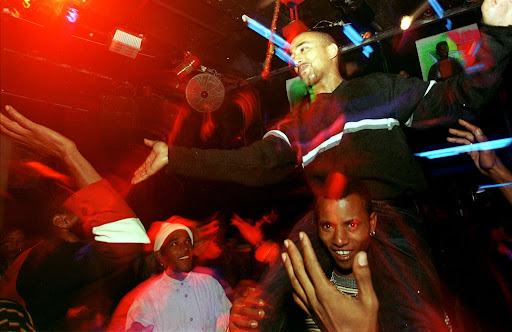
By Shawn Smith-Hill, Contributing Writer
The Black Diaspora in Israel and Palestine encompasses a rich tapestry of identities, each with its own unique history, culture, and contributions. It has left an indelible mark on the region, reflecting the intricate social fabric of this diverse corner of the world. Comprised of individuals hailing from various African nations and backgrounds, their experiences and struggles are woven into the complex narrative of the Middle East.
The history of the Black Diaspora’s presence in Israel and Palestine is deeply rooted in the historical movements of people. According to BlackPast.org, a reputable source for historical information out of the University of Washington, over the centuries, the Middle East has been a hub for trade, culture, and human exchange, leading to the presence of black communities. Trade routes between the Middle East and African nations facilitated the movement of goods and people, shaping the presence of blackness in the region.

Many members of the Black Diaspora arrived in Israel and Palestine as refugees, escaping violence and seeking refuge. For others, it was the quest for improved job prospects, the desire for family reunification, or the pursuit of educational opportunities that brought them to the region. Communities like the Afro-Palestinians, for instance, can trace their roots to pilgrims who arrived during the 12th century, forming Afro-Arab families.
Many members of the Black Diaspora arrived in Israel and Palestine as refugees, escaping violence and seeking refuge. For others, it was the quest for improved job prospects, the desire for family reunification, or the pursuit of educational opportunities that brought them to the region. According to Halton Black Voices, an online grassroots organization that is actively engaged in addressing the challenges faced by Black communities, communities like the Afro-Palestinians, can trace their roots to pilgrims who arrived during the 12th century, forming Afro-Arab families.
Despite their unique histories, a common thread that unites all these minority communities is the challenges they face. These include problems with refugee status, discrimination, and oppression, according to a 2017 story from Al Jazeera, a well-known news source for Middle East coverage. Many members of these communities live in precarious conditions and are frequently subjected to racism and xenophobia. Securing access to basic services and rights remains an ongoing struggle.
In the face of adversity, members of the Black Diaspora are not passive observers. They actively engage in advocacy and grassroots movements, striving to improve the rights and living conditions of their communities. Their efforts extend to the promotion of social inclusion and diversity, contributing to a broader social discourse.
The struggles of the Black diaspora in Israel and Palestine have not gone unnoticed. Human rights organizations and the global community have actively taken up their cause, advocating for the rights of these communities and pressuring governments to address issues related to discrimination, living conditions, and inequality.

The Black Diaspora in Israel and Palestine draws attention to the larger issues that oppressed groups and refugees face globally. Their experiences have an impact that extends beyond local borders, highlighting the significance of equality, inclusivity, and the defense of everyone’s human rights. Their tenacity and advocacy work act as catalysts for constructive change in the area, encouraging the development of a more equitable and inclusive society in Israel and Palestine.
Stay Informed! For stories like these and more visit https://www.sdvoice.info/
This resource is supported in whole or in part by funding provided by the State of California, administered by the California State Library in partnership with the California Department of Social Services and the California Commission on Asian and Pacific Islander American Affairs as part of the Stop the Hate program. To report a hate incident or hate crime and get support, go to CA vs Hate.


